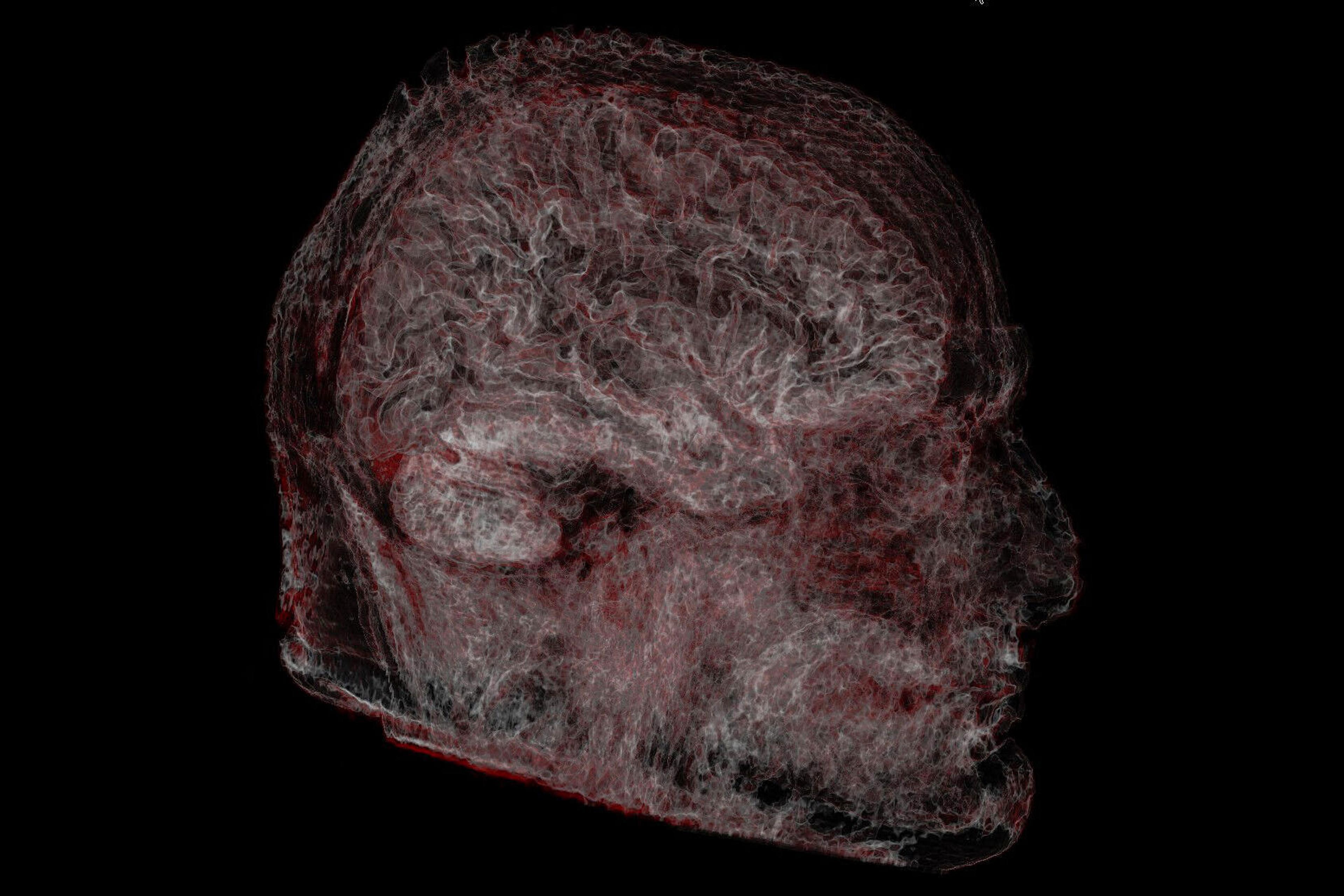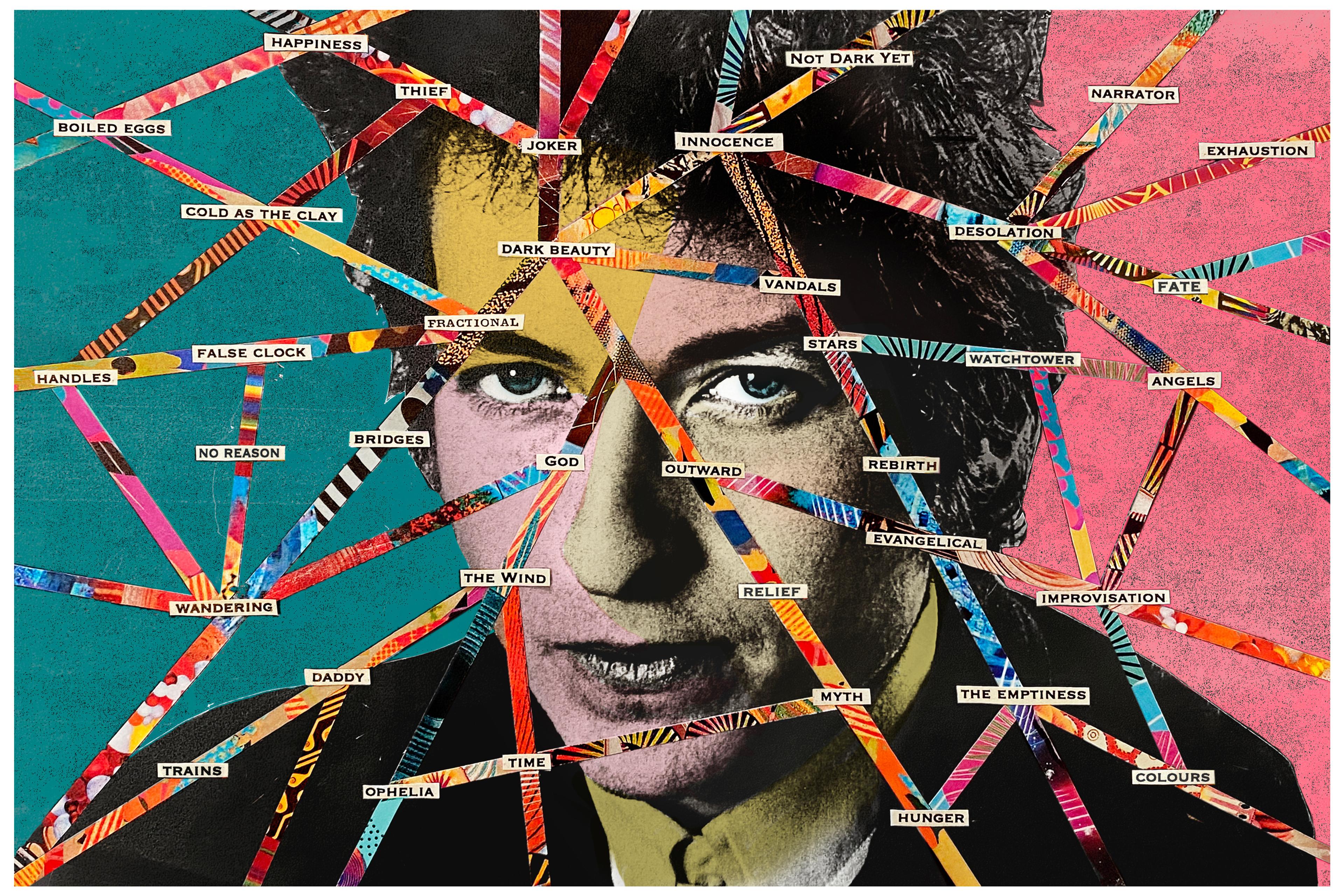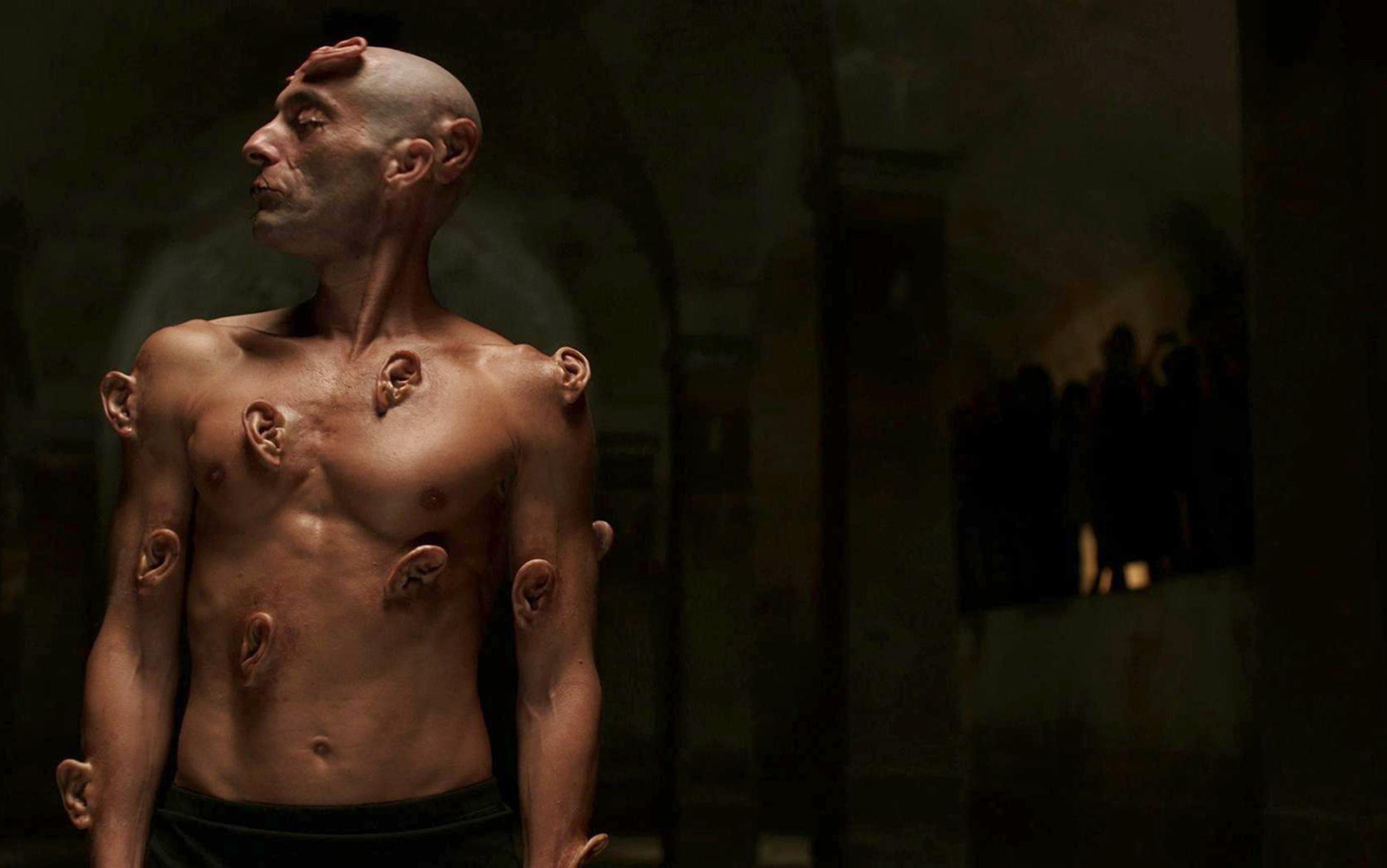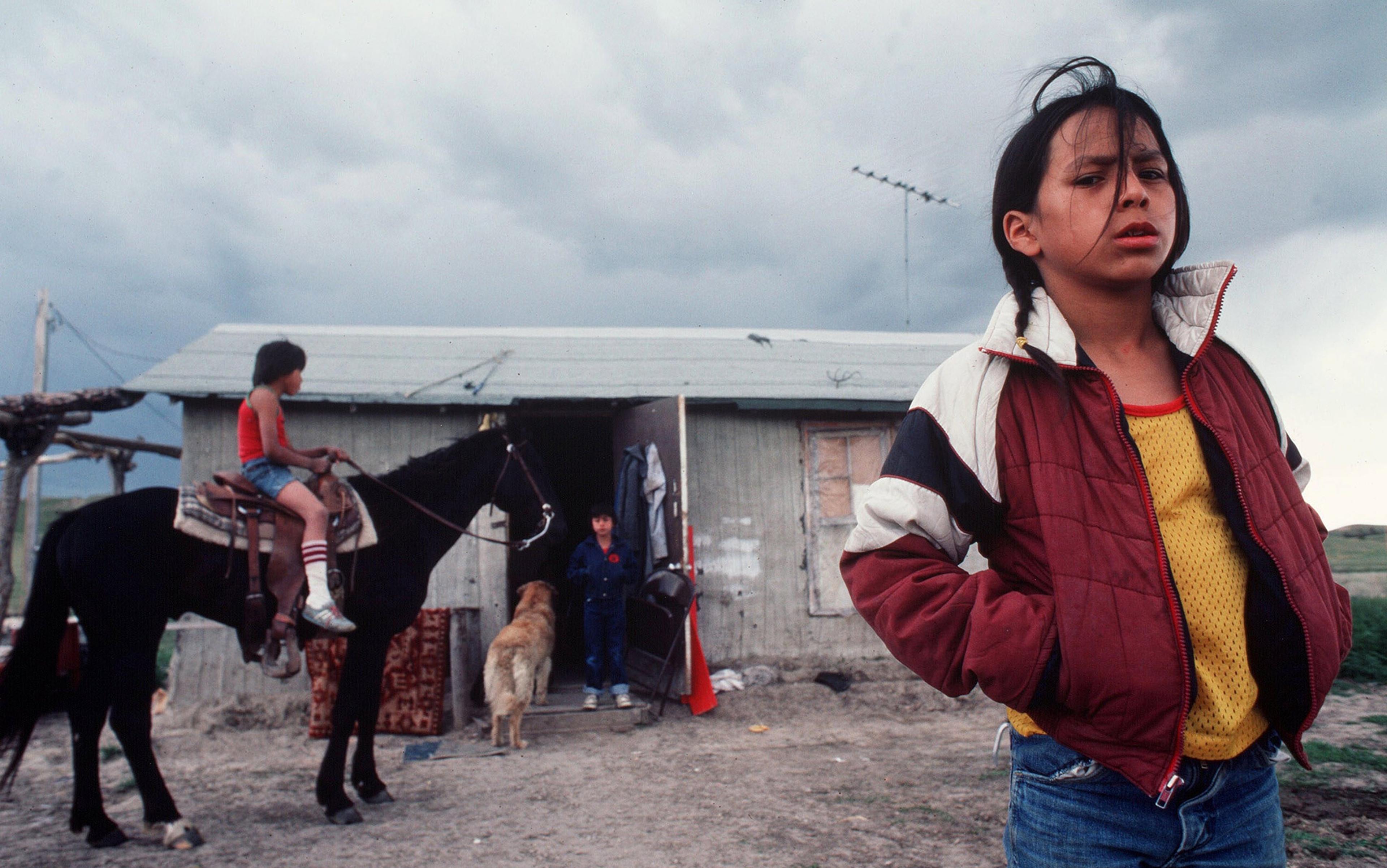Pam Weintraub
Senior Editor, Aeon+Psyche
Pam is an editor and writer specialising in psychology, neuroscience and the sciences. She has previously worked as executive and features editor at Discover, where her acquisitions were widely anthologised and received numerous national awards; a consulting editor at Psychology Today; and in a range of roles at Omni magazine, from senior editor and editor-at-large to founding editor of Omni online. She is author of 16 books on medicine, psychology and lifestyle, including Cure Unknown: Inside the Lyme Epidemic, which won the American Medical Writers Association book award in 2009. She can be found on Twitter @pam3001.
Written by Pam Weintraub
Edited by Pam Weintraub

essayArchitecture
Compost modernity!
The vision of solarpunk: joining nature with technology in vibrantly inclusive ways to create a world that truly blooms
Yogi Hale Hendlin

essayHuman evolution
How selfish are we?
An age-old debate about human nature is being energised with new findings on the tightrope of cooperation and competition
Jonathan R Goodman

essayNeuroscience
Can you rewire your brain?
The metaphor of rewiring offers an ideal of engineered precision. But the brain is more like a forest than a circuit board
Peter Lukacs

essayIllness and disease
The spiral of suffering
For people with chronic illnesses, the relief and recognition of online communities can set up a toxic psychological trap
Siddhant Ritwick & Tomi Koljonen

essayFamily life
Maternal paradox
‘Scientific motherhood’ promised to create high standards for child-rearing. But it’s really a system designed to police women
Sherry Chan

essaySleep and dreams
Sleep is delicious
The idea that we should reduce sleep to an efficient minimum in our lives gets something fundamentally wrong
Sara Protasi

essayIllness and disease
The inflammation age
Acute inflammation helps the body heal. But chronic inflammation is different and could provoke a medical paradigm shift
Amy K McLennan

essayNeurodiversity
Mask on/mask off
People with ADHD and autism have to mask their instincts if they want to be included. But the strain exacts a very high price
Gilly Kahn

essayMusic
Mapping Bob Dylan’s mind
Generative AI sheds new light on the underlying engines of metaphor, mood and reinvention in six decades of songs
Prashant Garg

essayFilm and visual culture
Power and flesh
As struggles over the human body escalate, we should return to the work of cinema’s greatest anatomist: David Cronenberg
Travis Alexander

essayMedicine
Learning to not-know
From late-night calls to unsolved symptoms, uncertainty is woven into every doctor’s day. They should learn to embrace it
Zoe Cunniffe

essayChildhood and adolescence
Hidden in plain sight
Jewish children who were ‘hidden’ in Christian families during the Holocaust have much to teach us about memory and trauma
Carolyn Ariella Sofia
